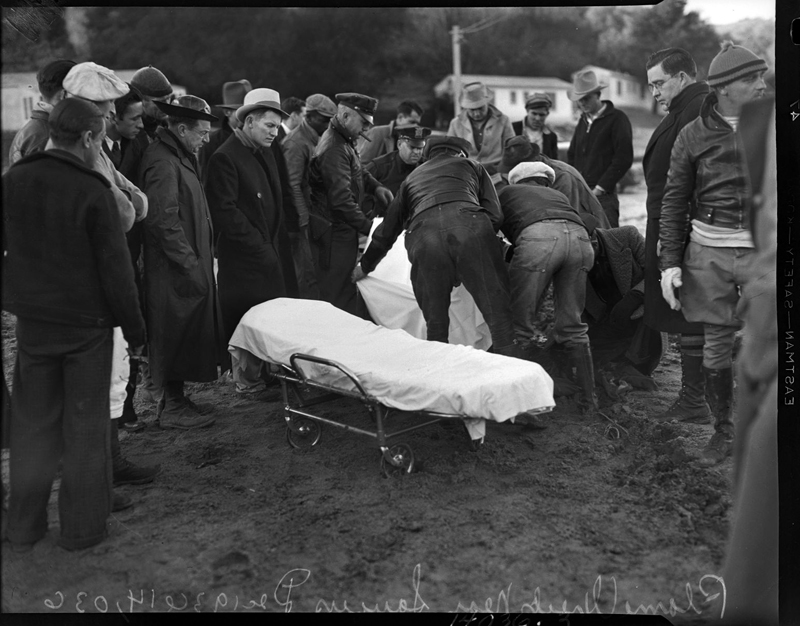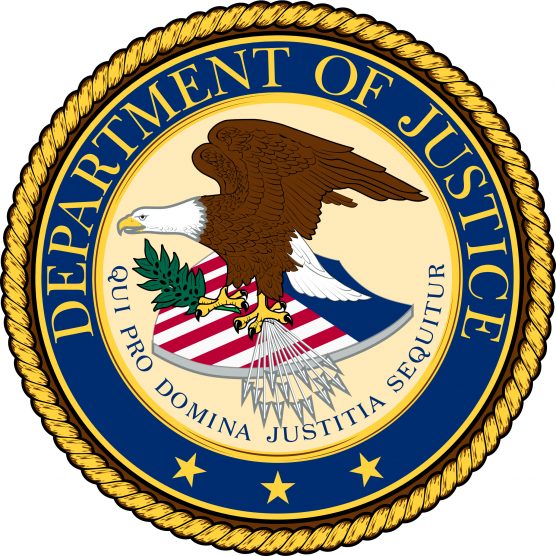The United States Department of Justice announced July 6 that it has begun phase two of the remission compensation process to provide recovery for Western Union fraud victims.
In 2017, Western Union entered into a deferred prosecution agreement with the Department of Justice and agreed to forfeit $586 million. The Department of Justice previously distributed over $366 million to over 148,000 victims. Because additional forfeited funds remain available in this case, the Department of Justice has reopened the petition process to potential victims who did not previously submit a petition for remission.
Victims of fraud who sent a money transfer through Western Union between Jan. 1, 2004, and Jan. 19, 2017, can file a petition for remission and receive compensation for their fraud losses. Individuals who believe they may be victims may file a petition online or may obtain a petition form online at Western Union Remission Phase 2. The deadline to file a petition for remission is Aug. 31, 2022. More information regarding the remission process, including eligibility criteria, updates, and frequently asked questions is available at the remission website or by calling 1-855-786-1048.
“The department is pleased to have provided compensation to over 148,000 victims and hopes additional victims take the opportunity to file claims relating to the harms caused by these schemes,” said Assistant Attorney General Kenneth A. Polite, Jr. of the Justice Department’s Criminal Division. “Asset forfeiture is a tool critical for compensating crime victims.”
“The hard work of our dedicated investigators and prosecutors held Western Union accountable and brought justice to many individuals who perpetrated the fraud using the Western Union system,” said U.S. Attorney Gerard M. Karam for the Middle District of Pennsylvania. “Though we are gratified those thousands of victims have already received compensation, our work continues as we urge those other fraud victims who have not yet submitted their petitions for remission to do so promptly so that they can also receive restitution.”
“The U.S. Postal Inspection Service is very pleased and honored to have been part of this cooperative effort in providing over $366 million in financial relief to so many victims,” said Inspector in Charge Damon E. Wood of the U.S. Postal Inspection Service’s Philadelphia Division. “As we move forward with the second phase of the Western Union Remission, we will continue to support the mission of ensuring monies are returned to their rightful owners.”
“Scammers used Western Union’s money transfer system because they knew the company turned a blind eye,” said Director Samuel Levine of the Federal Trade Commission’s (FTC) Bureau of Consumer Protection. “With our law enforcement partners, we continue to return money to those harmed by the company’s failures, and people still have until Aug. 31 to submit claims.”
Pursuant to the DPA, Western Union acknowledged responsibility for its criminal conduct, which included violations of the Bank Secrecy Act and aiding and abetting wire fraud, and agreed to forfeit $586 million, which has been made available to compensate victims of an international consumer fraud scheme. Western Union simultaneously resolved a parallel civil investigation with the FTC.
According to court documents, fraudsters targeted consumers, including seniors, through multiple scams and convinced their victims to send money through Western Union. Three specific scams directed towards seniors included the so-called grandparent scam, where the fraudster would pose as the victim’s relative in purported need of immediate money to avoid personal harm; lottery or sweepstakes scams, where the fraudster would tell the victim that he or she had won a large cash prize but had to pay fees, such as taxes, to claim the prize; and romance scams, where the fraudster would pose as an online love interest and request funds for a visit or for another purpose.
Certain owners, operators, or employees of Western Union locations were complicit in the scheme. Western Union aided and abetted the scheme by failing to suspend or terminate complicit agents and by allowing them to continue to process fraud-induced monetary transactions. Western Union has fulfilled its obligations under the DPA, and the court granted the motion to dismiss the criminal information against Western Union.
The Department of Justice, through the Asset Forfeiture Program, works diligently to restore lost funds to victims of crime and acknowledges the significant assistance of the U.S. Postal Inspection Service Philadelphia Division’s Harrisburg Office in the victim compensation process and in conducting the criminal fraud investigation. Since fiscal year 2000, the Criminal Division’s Money Laundering and Asset Recovery Section (MLARS), which will oversee the remission process, has successfully used its specialized expertise to return billions in forfeited assets to victims of crime. The victim compensation payments in this case would not have been possible without the extraordinary efforts of MLARS and the U.S. Attorneys’ Offices for the Middle District of Pennsylvania, the Central District of California, the Eastern District of Pennsylvania, and the Southern District of Florida. The FBI’s Los Angeles Field Office, IRS-Criminal Investigation, Homeland Security Investigations, the Federal Reserve Board, the Consumer Financial Protection Bureau Office of Inspector General, and the Department of the Treasury Office of Inspector General provided valuable assistance. The FTC conducted the civil fraud investigation.
Gilardi & Co. LLC is serving as the remission administrator in this matter. Gilardi & Co. LLC and the Department of Justice will not ask for any payment to participate in this remission process.
For more information on how to protect yourself from fraud, please visit www.uspis.gov or www.consumer.ftc.gov.
For more information on applying for a refund visit Western Union Refunds.
Deadline to submit a claim is Aug. 31, 2022.
Like this:
Like Loading...
Related





 Tweet This
Tweet This Facebook
Facebook Digg This
Digg This Bookmark
Bookmark Stumble
Stumble RSS
RSS


























REAL NAMES ONLY: All posters must use their real individual or business name. This applies equally to Twitter account holders who use a nickname.
0 Comments
You can be the first one to leave a comment.